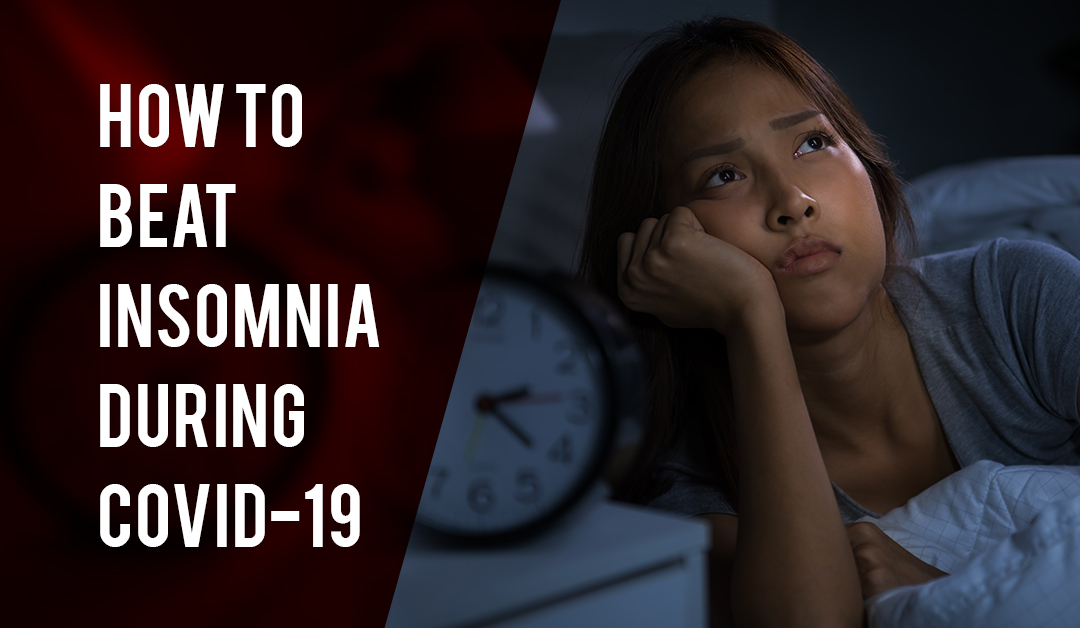The Internet is flooded with piles of information about insomnia, anxiety, and depression. Especially when news channels are airing pandemic horrors all the time, it’s normal to lose sleep. The never-ending lockdowns, long work-from-home schedules, and loneliness are key roadblocks to a sound sleep during the pandemic. A new term for sleeplessness in Corona times, buzzing all over is “Coronasomnia”. Renowned sleep experts have stated an increment in the cases of sleep prescriptions as a result of the COVID pandemic stress. Are you also a Corona warrior struggling to get some sound sleep but just can’t find the right way? Or, are you taking sleeping pills to regain rhythmic sleeping hours?
If yes, then it’s time to think!
What is Insomnia?
Insomnia is a condition when the mind loses the tendency to shut down. In this condition, an individual might find it difficult to sleep or might wake up in the middle of the night. When the disturbance in sleep pattern is visible constantly for more than 3 months then insomnia condition stands confirmed. In such a condition, it’s necessary to consult a doctor or look for a solution to regain lost sleep rhythm.
How to know if you have insomnia?
If you are experiencing the following symptoms for more than three nights a week over a month or more, you are an insomniac.
- Uneasiness and tiredness even after waking up.
- Irregular sleep cycle.
- Incapability to shut mind and fall asleep.
What are the types of Insomnia?
There are three types of insomnia:
Acute Insomnia
- Acute insomnia lasts for up to 1 month.
- Situational stress like examinations, change of place, job, interview, or anything that adds to the stress is the cause of acute stress.
- This kind of stress usually disappears once the body adapts or the stress source is no longer present.
Transient Insomnia
This kind of stress is yet another type that does not last for very long. Ultimately, when the cause is removed the problem disappears.
Chronic Insomnia
This is an extreme situation when the sleeplessness lasts for more than one month. The condition isn’t very pleasant and often patients may become depressed or suicidal under this kind of chronic insomnia condition.
What is the importance of sleep?
The human body is like any other machine requiring a continuous upgrades and recharging. Sleep is the time when the body restores and rejuvenates energy to prepare for another day’s cycle. Disturbed sleep can lead to the following conditions in the long run.
- Anxiety
- Depression
- Stroke
- Seizures
- Fragile immune system
- Diabetes mellitus
- Low sex drive
- Lost memory
How is the pandemic adding to sleep misery?
Comparing pre- and post-corona life it’s evident that exhaustion rates have doubled up. But, isn’t it strange that people were less stressed when they were working in-office rather than now when they are full-time at home? It’s the long binge-watch screen times, the irregular schedules, and unhealthy junk consumption adding to the stress & anxiety. This anxiety is the key reason for “Coronasomnia”. Zero socialization can make people vulnerable and induce suicidal thoughts.
Also Read: A Master tool for a sound sleep – NishCalm
Techniques for beating Insomnia without Medication
A simple Cranial electrical stimulation technology-based device “NishCalm” is likely to improve the quality of sleep. The device has excellent ergonomics and portability enabling use on the go. The non-pharmacological creation can be used anywhere, anytime. The Veteran Administration study reveals that CES is highly effective in managing headaches, insomnia, and many more conditions affecting sleep. The CES technology is an evidence-based pain intervention technology. The calming of the brain, in turn, facilitates longer sleeping hours.
Nishcalm (CES Technology) for Insomnia Patients Proves to Be Powerful!
FDA-cleared CES technology in NishCalm has a flexible design to establish connectivity between the impulses and the hypothalamus area in the brain. The electrical impulses pass from the vestibular nerve (ear) to the hypothalamus (brain) region of the brain directly affecting the sleep-sensitive neurons. The improved levels of neurotransmitters, including serotonin, norepinephrine, dopamine, and β-endorphin are known to be highly beneficial for sleep disturbances and insomnia.
Synopsis
While everyone popularly believes sleeping is futile, waking up on the wrong side of the bed might actually make you futile. Therefore, it’s important to keep track of sleep routines in these times to improve immunity and remain in a balanced mental state. It’s important to keep health as the prime concern to avoid susceptibility and enhance perseverance in uncertain times.


Well compiled with facts and figures
Excellent article! On our website, we’ve does include a link to this excellent information. Continue to write well. Thank you for sharing this informative article that can help anyone living with stress and sleep issues – Nidra Nutrition